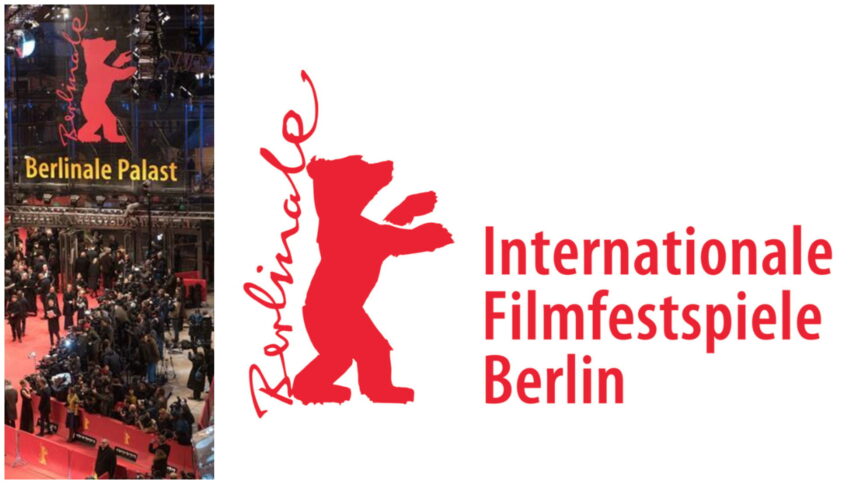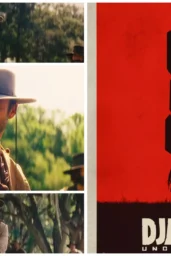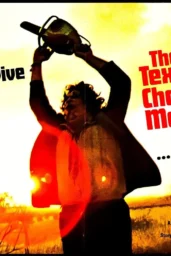A New Chapter for the Berlinale
As the Berlin International Film Festival, affectionately known as the Berlinale, locks in its 2026 dates—February 12 to 22—all eyes turn to Tricia Tuttle, the festival's director stepping into her second year. After a triumphant inaugural year in 2025, Tuttle is ready to steer the Berlinale into a new era of cinematic excellence and industry innovation. This isn't just a date announcement; it's a bold statement of intent from a leader who's already shaking up one of Europe's most prestigious film festivals. Like a seasoned director crafting a sequel, Tuttle is building on her first act to deliver something even more compelling.
Tuttle's Vision: Modernizing a Cinematic Institution
Tricia Tuttle, with over 25 years of experience from the British Film Institute (BFI) and the BFI London Film Festival, has already left her mark on the Berlinale. “After the great success of this year's anniversary edition, we are now starting to plan for 2026,” Tuttle declared in a statement (Deadline). “We look forward to once again celebrating cinema with the film industry and audiences and to being a platform for the global film industry.” Her vision is clear: modernize the festival to ensure financial sustainability, broaden its appeal, and cement its role as a global hub for filmmakers and audiences alike.
In a revealing interview with Cineuropa (Cineuropa), Tuttle shared her ambition to engage new audiences, particularly younger ones, to cultivate a new generation of cinephiles. “I want to continue to serve the existing cinema-goers but also bring new people, particularly younger people, to turn them into cinephiles and film addicts,” she said. This approach is already in motion, with initiatives like screening the 2025 opening film in seven independent cinemas across Germany, extending the festival's reach beyond Berlin's Potsdamer Platz.
Tuttle's programming strategy is equally ambitious. The 2025 edition featured a competition lineup that balanced established auteurs like Bong Joon-ho and Richard Linklater with emerging talents in the “Perspectives” section, dedicated to first-time feature filmmakers. This blend of star power and discovery is set to continue in 2026, ensuring the Berlinale remains a launchpad for new voices while attracting global attention.
Industry Powerhouse: Berlinale Pro and the European Film Market
The Berlinale isn't just about screenings; it's a vital industry hub. The 2026 edition will see the return of key professional events under the Berlinale Pro banner, led by Tanja Meissner, who also directs the European Film Market (EFM). The EFM will run from February 11 to 18, alongside the Berlinale Co-Production Market (February 14–17), Berlinale Talents (February 13–18), and World Cinema Fund Day (February 17). These events make the Berlinale a critical meeting point for filmmakers, producers, and distributors, fostering collaborations that shape the global film landscape.
Tuttle's focus on integrating the public program with industry activities sets her apart. By streamlining the festival's 200-film program to help buyers identify standout projects, she's making the Berlinale more accessible and relevant to industry professionals. As Variety noted, Tuttle's leadership is seen as a progressive force, positioning the Berlinale to rival Cannes and Venice while preserving its unique identity (Variety).
A Legacy of Evolution: The Berlinale in Context
The Berlinale has a storied history of adapting to the times. Since its shift from June to February in 1978, it has carved out a niche as a festival that champions arthouse cinema and political discourse. Unlike the glitz of Cannes or the historic charm of Venice, the Berlinale thrives on its commitment to diversity and discovery. Tuttle's leadership builds on this legacy, addressing modern challenges like budget constraints and audience engagement.
Historically, the Berlinale has been a platform for films that push boundaries and spark conversations. The 1978 edition, for example, awarded the Golden Bear to Spain for its collective contribution, a bold move that highlighted the festival's willingness to innovate (Wikipedia). Tuttle's 2025 program, with its mix of established and emerging filmmakers, echoes this spirit, ensuring the festival remains a vital space for cinematic exploration.
Compared to its peers, the Berlinale under Tuttle stands out for its inclusivity. While Cannes often prioritizes high-profile premieres and Venice leans on its artistic prestige, the Berlinale's focus on new talent and global perspectives gives it a unique edge. Tuttle's emphasis on sustainability—both financial and cultural—positions the festival to thrive in an era of industry upheaval.
Challenges and Opportunities
Tuttle's second year won't be without challenges. The Berlinale faces financial hurdles, with Germany's budget constraints putting pressure on public funding. Tuttle's strategy to attract sponsors and modernize operations is a direct response to these pressures, but it's a tightrope walk. She must also navigate the festival's political legacy, which has sparked debates in recent years, such as the 2024 controversy over free speech and Israel's actions in Gaza (New York Times). Tuttle's commitment to pluralism and open debate will be tested as she balances artistic freedom with political sensitivities.
Yet, these challenges are also opportunities. By expanding the festival's reach and engaging younger audiences, Tuttle is future-proofing the Berlinale. Her focus on German cinema, highlighted by opening the 2025 festival with Tom Tykwer's The Light, ensures local talent gains international visibility, strengthening the festival's cultural impact.
Looking Ahead: A Festival Renaissance?
As the Berlinale prepares for 2026, Tricia Tuttle's leadership signals a festival on the cusp of a renaissance. Her blend of pragmatism and passion—think Malcolm Gladwell's curiosity with a dash of a stand-up comedian's wit—makes her uniquely suited to the task. By prioritizing sustainability, audience engagement, and industry collaboration, she's not just preserving the Berlinale's legacy but redefining it for a new generation.
Will the Berlinale under Tuttle become the definitive festival for discovering the next wave of cinematic talent? You'll either love her vision or question its ambition—check your pulse if you're not intrigued. For now, mark your calendars for February 12–22, 2026, and visit Berlinale for updates. What do you think Tuttle's Berlinale will bring to the global stage? Share your thoughts below.
| Event | Dates | Description |
|---|---|---|
| Berlinale Main Festival | February 12–22, 2026 | The 76th edition showcasing diverse films and competitions. |
| European Film Market (EFM) | February 11–18, 2026 | A key industry event for film sales and networking. |
| Berlinale Co-Production Market | February 14–17, 2026 | Facilitates international co-productions. |
| Berlinale Talents | February 13–18, 2026 | Workshops and networking for emerging filmmakers. |
| World Cinema Fund Day | February 17, 2026 | Supports films from underrepresented regions. |















